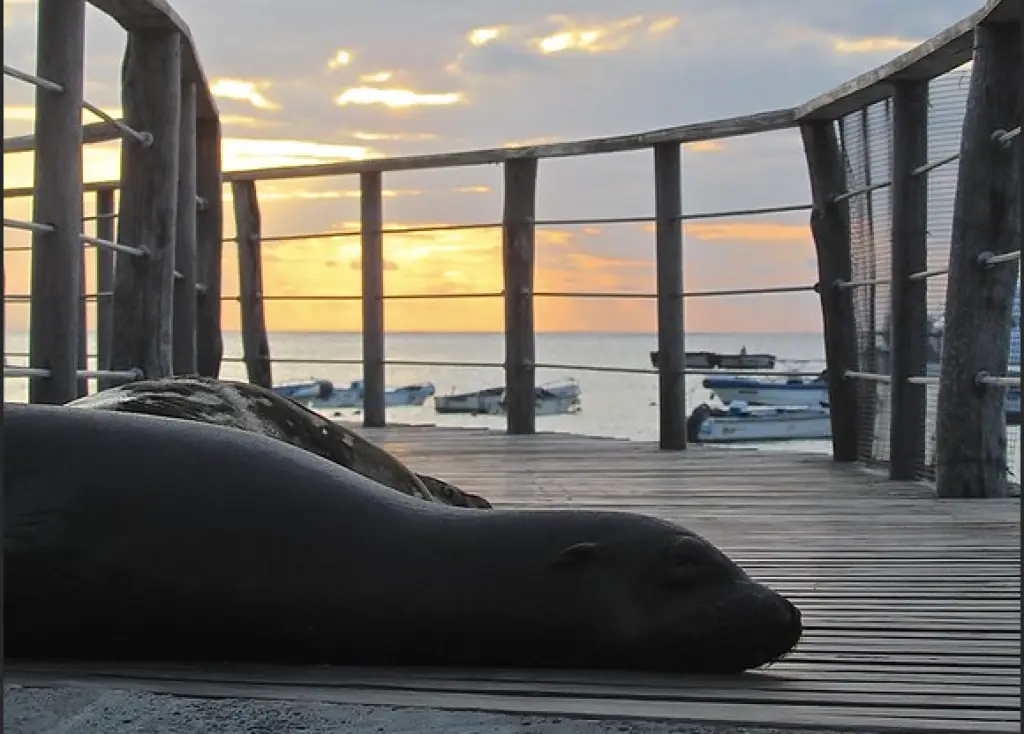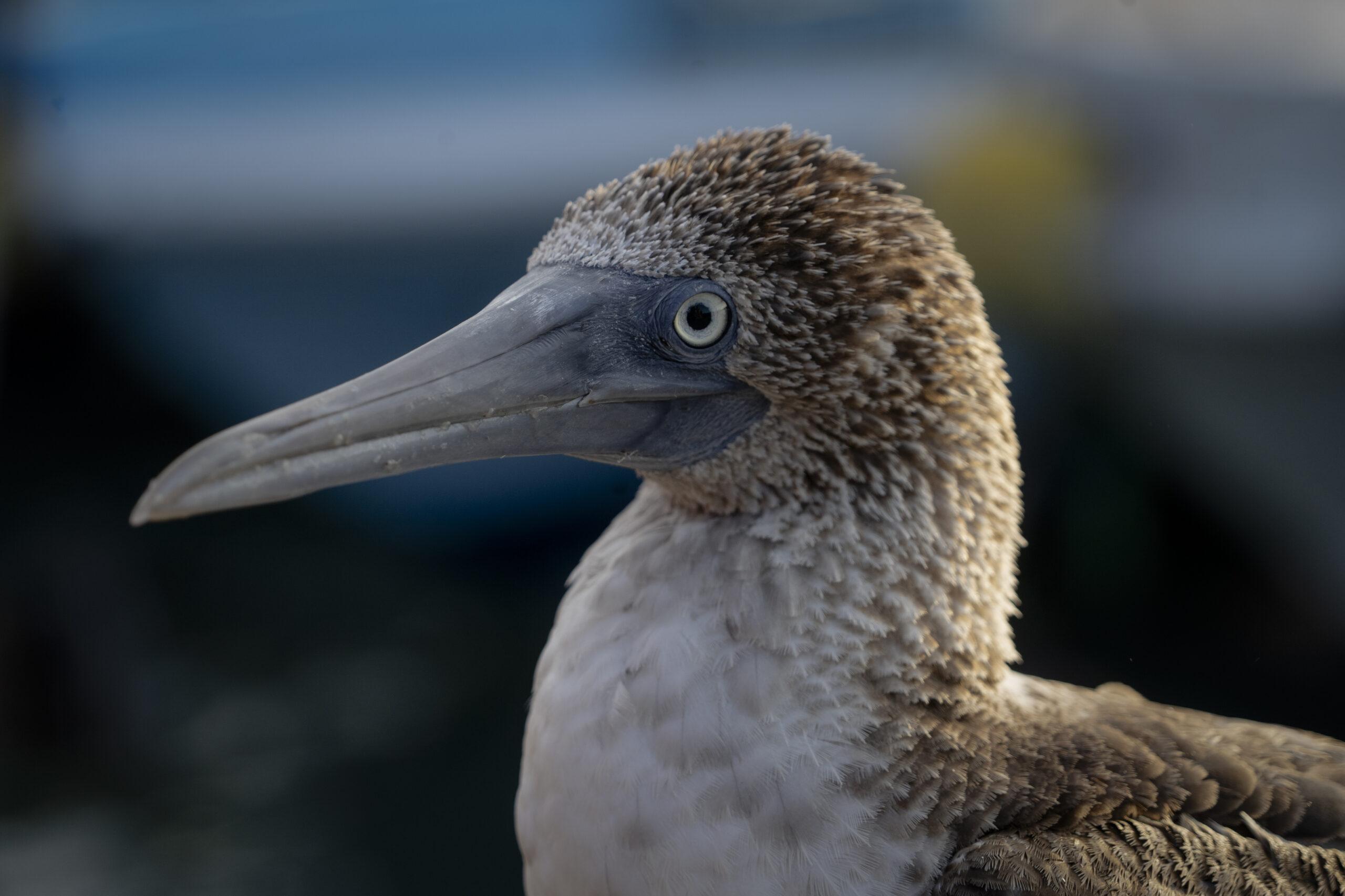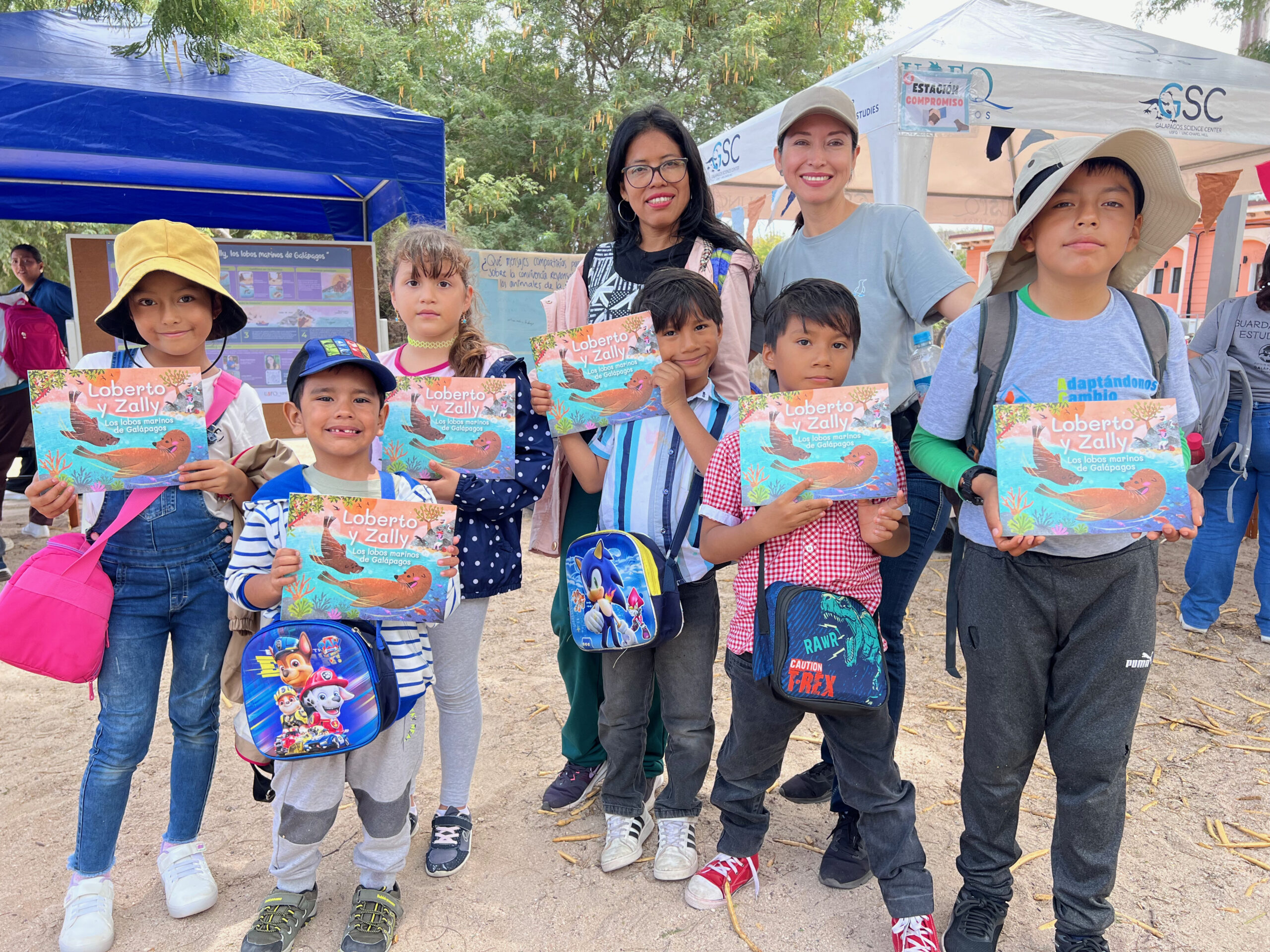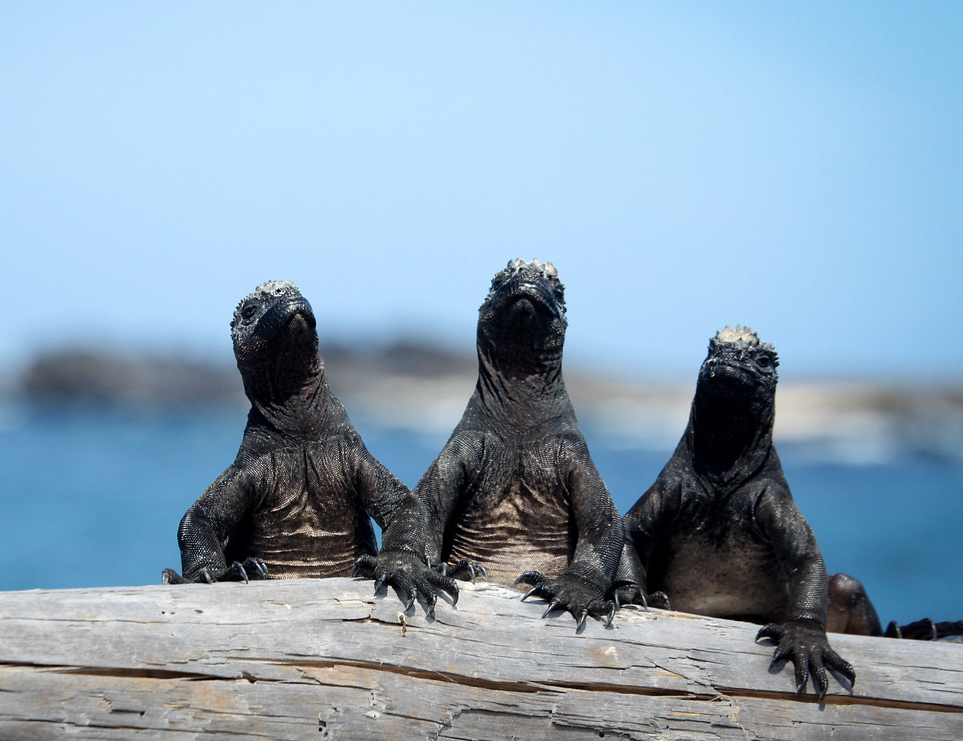Lobo marino de Galápagos.
acarina Asadobay, Diego O. Urquía, Sven Künzel, Sebastian A. Espinoza-Ulloa, Miguel Vences, Diego Páez-Rosas.
Resumen
Antecedentes
El lobo marino de las Galápagos, Zalophus wollebaeki, es una especie de otárido endémica y en peligro de extinción, considerada como una especie centinela de la dinámica del ecosistema en el archipiélago de las Galápagos. El ADN mitocondrial es una herramienta importante en la inferencia filogenética y genética de poblaciones. En este trabajo, utilizamos la secuenciación Illumina para complementar los recursos mitogenómicos del género Zalophus, ya que las otras dos especies se secuenciaron mediante Sanger, generando un genoma mitocondrial completo y un reloj molecular de esta especie, que hasta ahora no estaba disponible.
Materiales y métodos
Utilizamos ADN obtenido de una muestra fresca de excremento de un lobo marino de las Galápagos y lo secuenciamos mediante la plataforma Illumina NextSeq. Las lecturas crudas obtenidas se procesaron utilizando el software GetOrganelle para filtrar las lecturas de ADN mitocondrial de Zalophus (aproximadamente el 16% sobrevivió al filtrado), se ensamblaron y se estableció un reloj molecular.
Resultados
A partir de las 3,511,116 lecturas crudas obtenidas, pudimos ensamblar un mitogenoma completo con una longitud de 16,676 pares de bases, que consta de 13 genes codificadores de proteínas (PCGs), 22 ARN de transferencia (tARN) y dos ARN ribosómicos (rARN). Una filogenia calibrada en el tiempo confirmó la posición filogenética de Z. wollebaeki en un clado con Z. californianus y Z. japonicus, siendo hermano de Z. californianus, y estableció el tiempo de divergencia de Z. wollebaeki hace 0.65 millones de años. Nuestro estudio ilustra la posibilidad de secuenciar sin problemas genomas mitocondriales completos a partir de muestras frescas de excremento de mamíferos marinos.
Conoce más del artículo científico en el siguiente enlace: https://peerj.com/articles/16047/






